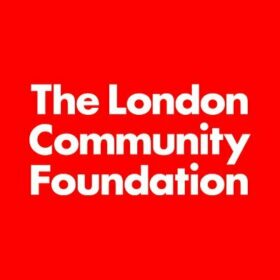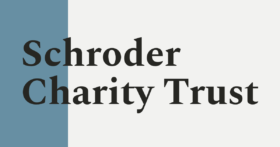YAPP Charitable Trust
Objectives of Fund
The Yapp Charitable Trust makes grants to small charities in England and Wales to help sustain their existing work. Work must fit into the Trust's priority areas:
- Elderly people.
- Children and young people aged five to 25.
- People with physical impairments, learning difficulties or mental health challenges.
- Social welfare - people trying to overcome life-limiting problems of a social, rather than medical, origin such as addiction, relationship difficulties, abuse, offending.
- Education and learning, with a particular interest in people who are educationally disadvantaged, whether adults or children.
Value Notes
Grants are normally for a maximum of £3,000 per year for up to three years.
Most of the grants are for more than one year because the Trust likes to fund ongoing needs.
The trust only funds running costs.
Who Can Apply
Small charities registered with the Charity Commission in England and Wales can apply.
To be eligible, charities must:
- Have been formally established for at least three years.
- Have a total annual expenditure of less than £40,000.
- Be working with one of the priority groups as outlined in the Trust's guidelines.
Newly registered charities may apply but the organisation must have appointed a management committee and adopted a governing document at least three years ago.
Location
England and Wales
Restrictions
Funding is not available for the following:
- Charities whose total annual expenditure is more than £40,000.
- Charities that are not registered with the Charity Commission in England and Wales.
- Industrial provident societies.
- Community interest companies.
- Work that is not based in England or Wales.
- Branches of national charities.
- New organisations - applicants must have been operating as a fully constituted organisation for at least three years, even though they may have registered as a charity more recently.
- Charities with unrestricted reserves that equate to more than 12 months' expenditure.
- New organisations - applicants must have been operating as a fully constituted charity for at least three years.
- New work that has not been occurring for at least a year.
- New paid posts - even if the work is now being done by volunteers.
- Additional activities, expansion or development plans.
- Extra services or additional delivery costs.
- Special events, trips or outings.
- Capital expenditure - equipment, buildings, renovations, furnishings, minibuses.
- Childcare.
- Holidays and holiday centres.
- Core funding of charities that benefit the wider community such as general advice services and community centres unless a significant element of their work focuses on one of the Trust's priority groups.
- Bereavement support.
- Debt advice.
- Community safety initiatives.
- Charities raising money to give to another organisation, such as schools, hospitals or other voluntary groups.
- Individuals - including charities raising funds to purchase equipment for or make grants to individuals.
- Promotion of religion.
- Animal welfare charities.
Eligible Expenditure
Grants are awarded for core funding, which is defined as the costs associated with regular activities or services that have been ongoing for at least a year.
Funding is available for work that focuses on one of the following priority groups:
- Elderly people.
- Children and young people aged five to 25 years.
- People with physical impairments, learning difficulties or mental health challenges.
- Social welfare - people trying to overcome life-limiting problems of a social, rather than medical, origin such as addiction, relationship difficulties, abuse and a history of offending.
- Education and learning, with a particular interest in people who are educationally disadvantaged, whether adults or children.
The Trustees give priority to:
- Work that is unattractive to the general public or unpopular with other funders.
- Services that help to improve the lives of marginalised, disadvantaged or isolated people.
- Applicants that can demonstrate an effective use of volunteers.
- Charities that seek to be preventive and aim to change opinion and behaviour through raising awareness of issues, education and campaigning.
- Applicants that can demonstrate (where feasible) an element of self-sustainability by charging subscriptions/fees to service users.
Applications that do not address at least two of the above priorities are unlikely to receive a grant. The Trust prefers to make a grant when other funding is coming to an end.
How To Apply
Applications may be submitted at any time and are considered at one of the three Trustee meetings each year. Decisions on applications can take up to five months from the date of submission.
Applications should be submitted using the Trust's online application form.







